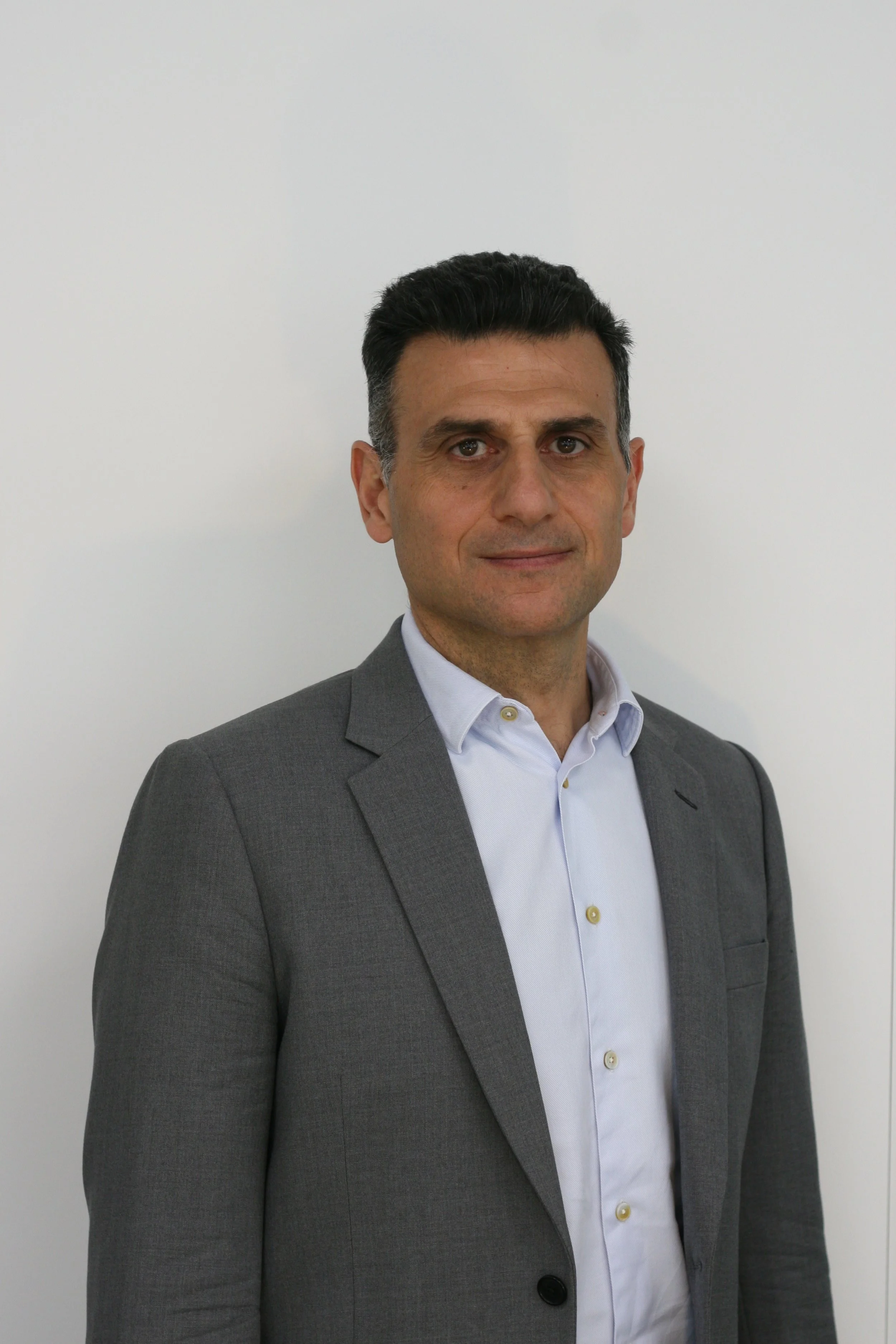Interview with Jack Bardakjian – CEO Gapuma Group
A Different Vision: Utilising the Abundant Blessings of Africa
Jack Bardakjian – CEO Gapuma Group
Interview conducted by Shahab Mossavat
There’s definitely something different about Gapuma. It’s discernible from the moment you enter the London-based commodities company’s headquarters. There’s an airy freshness about the open plan office; a relaxed atmosphere that is very inviting.
Gapuma was founded in 1999 with a simple mission: Providing sub-Saharan markets with the best quality chemicals at competitive prices. Much simpler said than done. But more than two decades on, and Gapuma’s well-appointed environs testify to a job well done.
“We didn’t think it would be easy”, so says founder and CEO, Jack Bardakjian of the many challenges that Gapuma has faced. He talks of struggling with the logistics and the financial obstacles; to many these have proved impenetrable barriers, but Gapuma is – as I said: different. What others see as problems, it treats as challenges; conundrums to ponder over and resolve.
Gapuma arrived in Africa more than twenty years ago, without much idea of what working there would entail. However, listening to Jack, it’s clear his approach is both clear-eyed and open-minded.
“Every situation – however tricky – is an opportunity to do things slightly differently.”
In its earliest days, Gapuma concentrated its energies on Ghana and Nigeria. There the key challenges were securing trade finance and credit insurance; both in short supply, when it came to working in Africa. For a long time, the company had no choice but to work ‘back-to-back’, until slowly its success persuaded those institutions, who had been sceptical, to take another look.
Today, Gapuma is at the forefront of another paradigm change. After many years accepting the burdens of poor supply chains as a fact of life, it has taken practical steps to try and ease the delays and interruptions. It has acquired warehousing, quayside storage facilities, and its own fleet of trucks. As usual Gapuma wants to be the change.
“We’re very committed to finding solutions…I’d say Gapuma is as much a logistics business now as it is a commodities supplier.” That speaks volumes about how Gapuma sees its role going forward. And when Jack speaks about logistics it’s almost messianic. He is definitely a CEO with a mission; his mandate: To bolster inter-African trade.
Next week, Gapuma is sponsoring a breakfast event organised by Invest Africa. The title of the event is: Utilising the Abundant Blessing of Africa: Natural Resources.
It’s in keeping with Gapuma’s development ethos. The vast majority of its staff are drawn from the indigenous populations in the African countries, where it operates. Jack is very outspoken about the role that business has to play. In his view it isn’t so much that business has to make the policies, but that it has to reflect the inequalities and social injustice it finds to the powerful friends it has in government.
Among the subjects that are foremost in Jack’s thinking are sustainability, climate change, and the skills’ gaps in Africa.
He is a master of his brief. Lack of processing capacity is ‘the Achilles Heel’ of Africa; Carbon Credits are used cynically by some multinationals and do “more harm than good”; and Africans can’t allow their brightest and best to be “drained away”, because there aren’t enough opportunities “to do good [at home]”.
On processing, Jack says that it’s “lunacy” that Africa’s mineral resources once mined have to go elsewhere to be refined. Simply for the finished products to be re-exported to the same countries, with a premium added.
With the African population boom continuing – one in four of the global population will live on the continent by 2050 – the demand for a more equitable division has never been louder. After all, conservative estimates say that at least one-third of the world’s mineral resources lie beneath Africa’s soil. And with a younger, more dynamic population the desire to realise the full potential of those abundant blessings is stronger than ever.
“We want to play a full part in that narrative. Gapuma promotes sustainable solutions, and wants to be a partner for a fairer deal. For years and years, we’ve heard all these stereotypes of the Resource Curse or the paradox of plenty. But frankly it just provides an excuse to fail. I don’t buy it, and I don’t think Africans are prepared to either, anymore.”
And as far as solutions are concerned, Jack isn’t short of those either. He says the time has come for a new, honest and equitable conversation to be had by all the stakeholders. And that the various parties can’t “pass the parcel” on this.
“In countries, where government, industry and labour get together and make social contracts, you get the best outcomes.” He’s thinking of Germany. And he doesn’t think that’s overly ambitious. “Germany was utterly destroyed after the [Second World] War; it’s people were destitute; homeless and starving. African governments – if they chose to – would be starting from a much firmer base.”
Jack reflects on “the young shoots of innovation sprouting throughout Africa”, and says they need “support and encouragement”. He is adamant though that that alone is not enough, and that an awful lot more has to happen; much more concerted, coordinated political will and action, if the kind of change that’s required is to be achieved. It cannot be ad hoc and sporadic. It is essential that the African Union, ECOWAS and SADC to name a few, seek much closer strategic alignment. All too often local rivalries and the settlement of historical scores still trump enlightened self-interest.
As, I leave Gapuma’s office, by the River Thames, it is the late afternoon. The unusually bright sunlight hits the water and reflects gold. I cannot help but wonder if this moment is a portent for a brighter, more golden future. And whether there are more companies like Gapuma out there who dare to dream, ‘different’.
For more on Gapuma Group, visit: https://gapuma.com/


